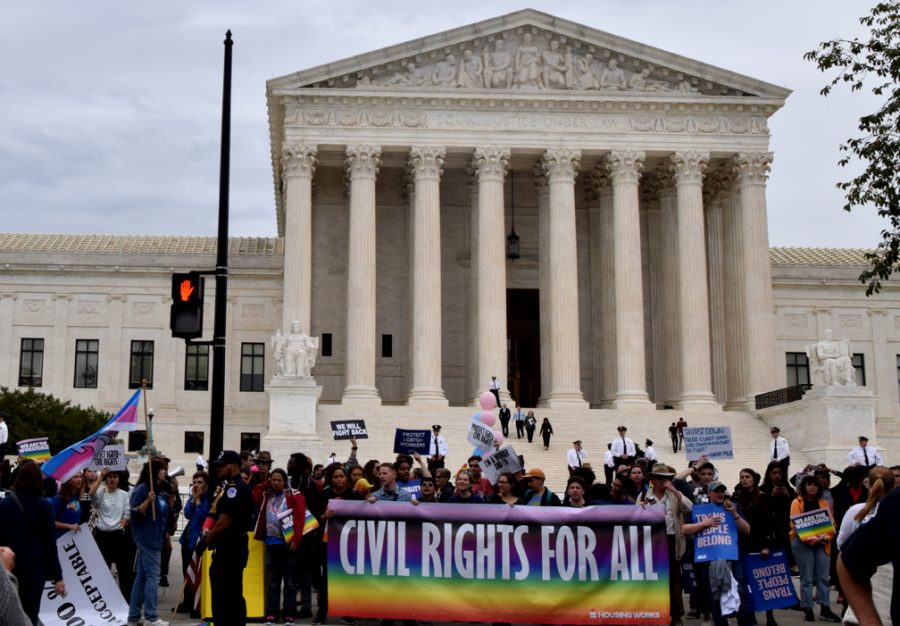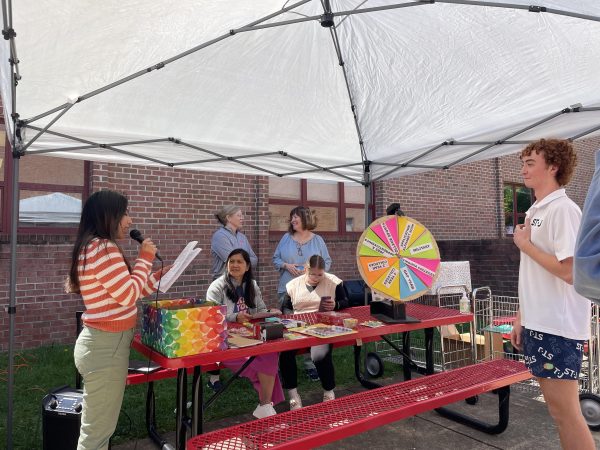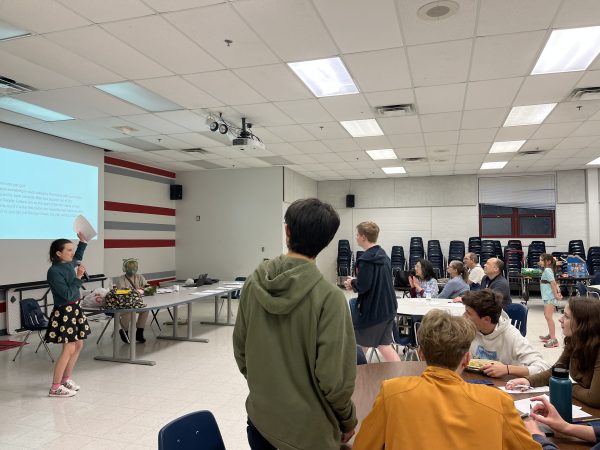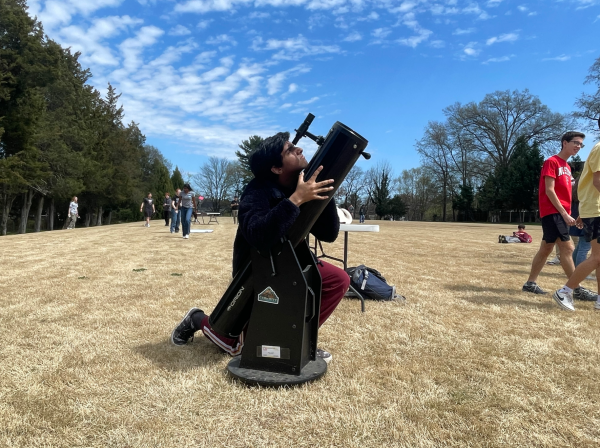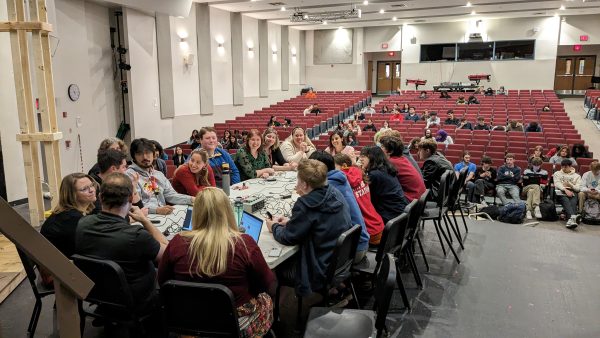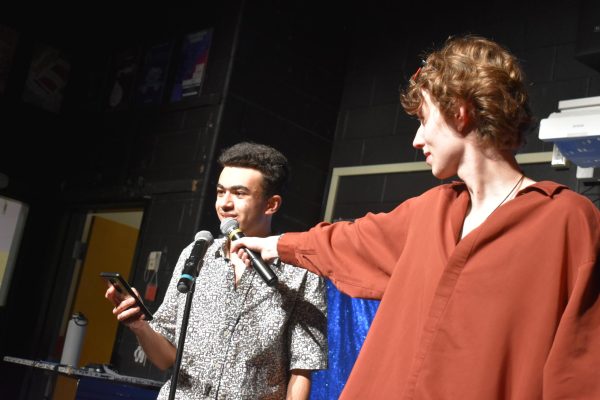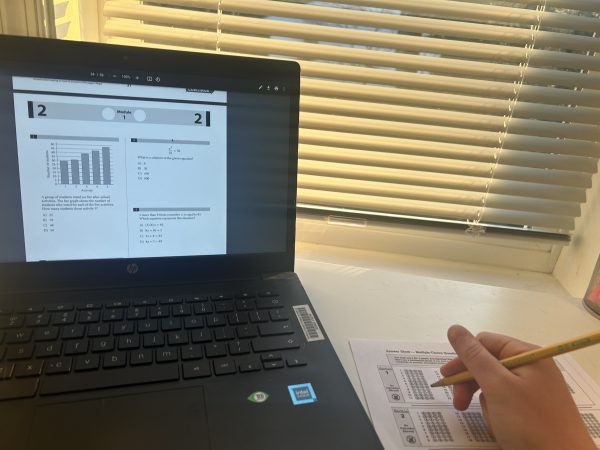Supreme Court takes up historic LGBTQ+ case
Photo obtained via Diane Green on Flickr
People protest in front of Supreme Court on Tuesday. The court is taking up a major case on whether or not employers can discriminate based on sexual orientation or gender identity.
October 13, 2019
Do you think the Supreme Court will ban discrimination based on sexual orientation or gender identity?
- Yes (67%, 6 Votes)
- No (33%, 3 Votes)
Total Voters: 9
In R.G. and G.R. Harris Funeral Homes v. EEOC, a woman was fired after coming out as transgender because the dress code in the funeral home required that men wear suits and women wear skirts. Her employers considered her a man and asked her to wear a suit, which she refused to do and was then fired.
Bostock v. Clayton County and Georgia, Altitude Express v. Zarda deal with two men being fired after coming out as gay.
Not only does this case deal with the question of whether or not someone can be fired for their sexual orientation or gender identity, it also puts to the test the meaning of ‘sex’ as defined in Title VII. Title VII of the Civil Rights Act of 1964 bars discrimination on the basis of race, color, religion, sex, or national origin. The prosecution argued that ‘sex’ extends to one’s sexual orientation and identity, while the defense equated a ruling in favor of the employees would mean everything from bathrooms to locker halls would be affected negatively.
In fact, on Tuesday the justices consistently cited bathrooms as a major issue in the case, arguing whether or not it was fair to other citizens who were made uncomfortable by transgender women using the women’s bathroom.
“It feels like this problem should have been one that existed and was dealt with 50 years ago, not now. There’s such an imbalance in how we as a society see ourselves as progressive and accepting yet court cases like this one still haven’t been resolved,” junior Sanjna Kaul said.
Not only does this case have the potential to change the future of the LGBTQ+ community, it is also the first time conservative justices Brett Kavanaugh and Neil Gorsuch have been on the bench for it. The two justices have been relatively unclear on where they stand in terms of LGBTQ+ rights.
“If they make the right decision and protect LBGTQ+ workers, it’ll be revolutionary, but it also shouldn’t have to be. It should be the expected standard we all hold ourselves and our employers,” Kaul said.



